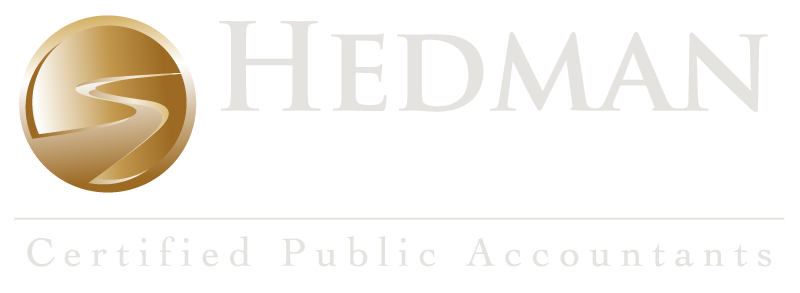The end of the year is often an optimal time for tax planning, but you must be careful to avoid potential pitfalls along the way. Notably, any year-end tax strategies you implement should consider all the latest tax developments.
In particular, Congress has enacted significant tax legislation in recent years, beginning with the massive Tax Cuts and Jobs Act (TCJA) of 2017. Many provisions in the TCJA are effective for 2018 through 2025. Soon after, the Setting Every Community Up for Retirement Enhancement (SECURE) Act was signed into law, designed primarily to enhance retirement savings.
During the height of pandemic, a trio of laws—the Coronavirus Aid, Relief, and Economic Security (CARES) Act, the Consolidated Appropriations Act (CAA) and the American Rescue Plan Act (ARPA)—provided various forms of tax relief. Another law passed in the summer of 2022, the Inflation Reduction Act (IRA), created both new opportunities and obstacles for certain individuals and business entities.
Finally, late in 2022, the law dubbed “SECURE 2.0” built on the foundation of the initial SECURE Act and added several new layers.
- Individual Tax Planning
- Business Tax Planning
- Financial Tax Planning
For your tax planning preparation, we have included the following 2024 Annual Information Returns Newsletter
Corporate Transparency Act – Beneficial Ownership Information Reporting Requirement
As we look forward to the new year, there is a new reporting requirement for companies taking effect January 1, 2024 under the Corporate Transparency Act (“CTA”). Many companies will be required to report information to the U.S. government about who ultimately owns and controls them. Please see the attached summary regarding the new Beneficial Ownership Information (“BOI”) reporting requirements. Please note that penalties for non-compliance can be significant. You may need to work with your attorney to identify reporting companies and file the reports timely as Hedman Partners LLP cannot provide the legal services required to comply with the CTA.
For further information, please see the attached and the FinCEN BOI website, https://www.fincen.gov/boi which contains FAQ’s, and reference materials.
To BOI or Not BOI – The Corporate Transparency Act (“CTA”) passed by Congress in 2021 requires most companies in the U.S. to file reports related to Beneficial Ownership Information (BOI). Please see the article below for more information regarding the CTA and BOI.
Other informative articles that are available include: Target Date Funds: What You Need to Look For and Don’t Panic if You Receive a Benefit Audit Notice.
Be aware that the concepts discussed in this letter are intended to provide only a general overview of year-end tax planning. It is recommended that you review your personal situation with a tax professional. Please contact us.
